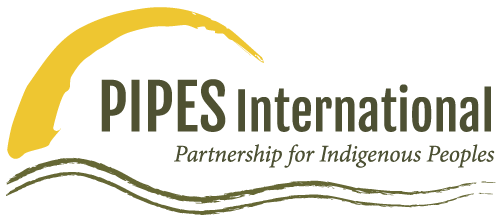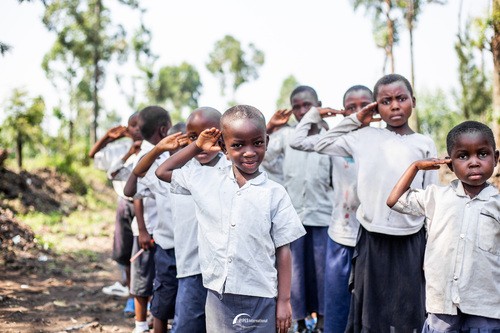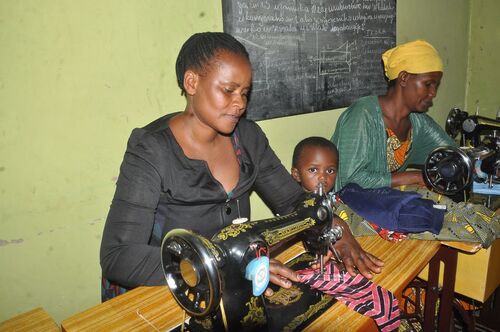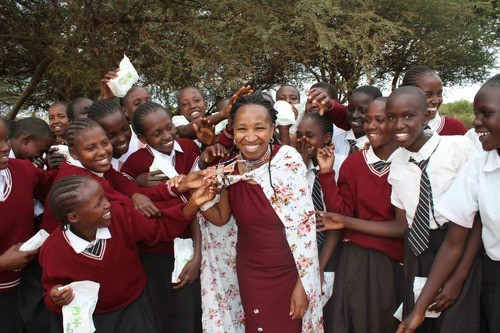Child Sponsorship Program
The Student Sponsorship Program focuses on nurturing the well-being and education of vulnerable students. Many children are still in need of sponsorship, and your support can change a child’s life forever.
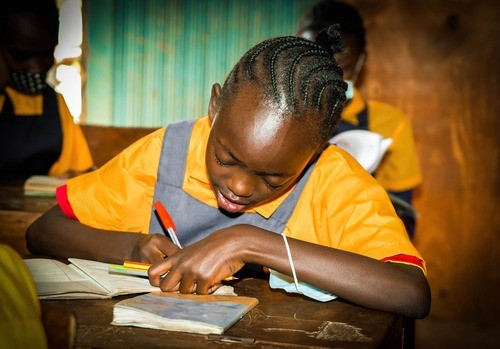
Our Mission: To Make Disciples and Help End Extreme Poverty
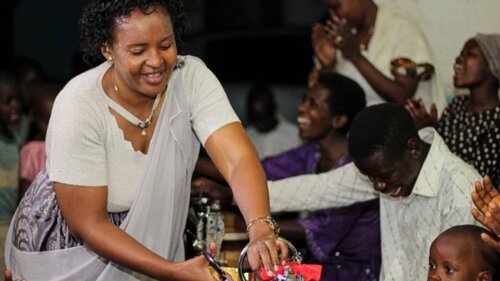
Empowerment
Our vision is to see Indigenous communities living in extreme poverty empowered to thrive and achieve economic stability. Through our initiatives, we provide sewing and design skills and agribusiness training to help create sustainable livelihoods.
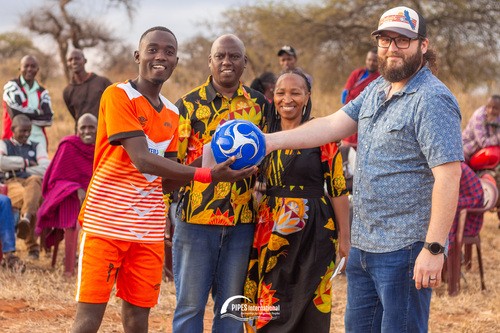
Discipleship
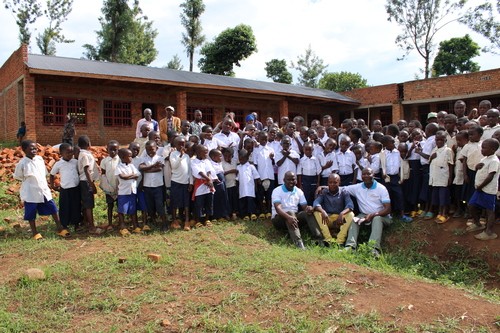
Education
Our initiatives include building and renovating Christ-centered schools, supporting teacher development, and offering child sponsorships to empower indigenous and vulnerable children with education.
Our Global Impact in 2025
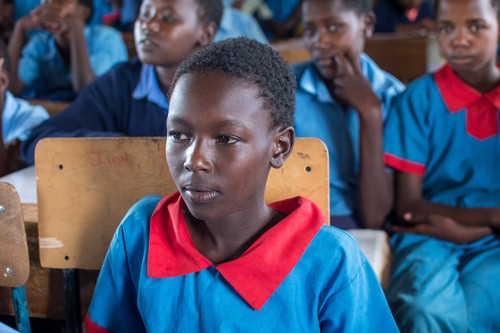
Your generosity helped reach thousands with the gospel through school and church outreaches, educate hundreds of children from vulnerable communities, and launch the Living Water Transformation Center. In partnership with Harvester Christian Church, our growing internship program is restoring hope among students and creating lasting impact. In the DRC, the once-endangered Bambuti tribe is thriving through education, feeding, and housing support. We also continue empowering communities in Rwanda and Burundi through sewing skills training and sustainable farming initiatives. And in Asia the gospel is spreading!
Partnering with schools to bring hope through the gospel
The Living Water Transformation Center officially commissioned
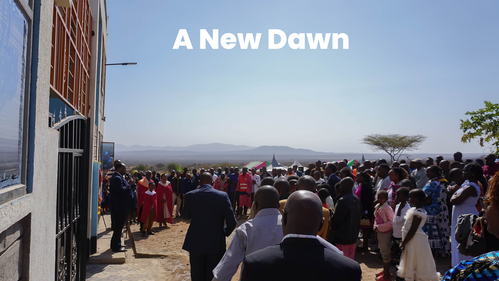
We support indigenous children and families in DR Congo
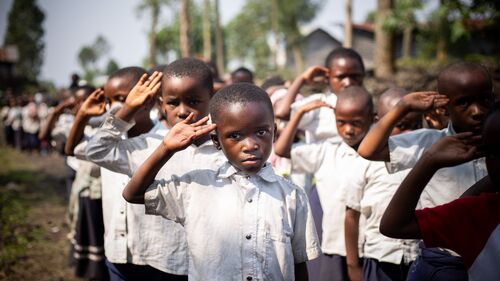
Through our ongoing programs, PIPES International is providing access to education, equipping families with farming skills, offering essential medical care, and sustaining children through our feeding program on Idjwi Island.
Your gift of any amount allows the ministry of PIPES International to empower and transform families and communities.
- Help people be rooted in Christ through discipleship training and the provision of discipleship resources.
- Provide meals and access to education, enabling children to attend school, many of them for the first time.
- Improve the quality of life of families by enabling them to earn a living through developing their skills and providing resources for farming and small businesses.
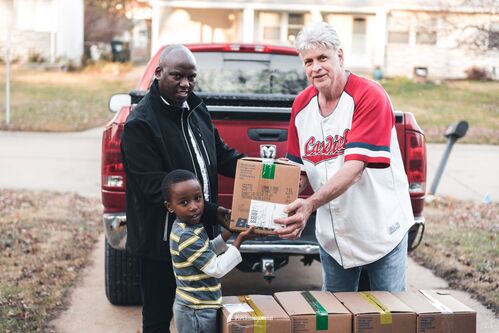
TESTIMONIES:
PENGELI'S STORY OF HOPE IN DR CONGO
Jesus Christ." With the help of PIPES, I farm and feed my family.
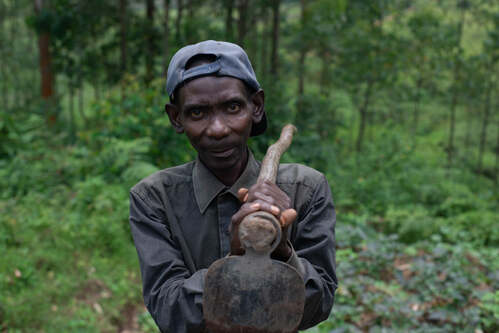
We Are PIPES INTERNATIONAL: Serving INDIGENOUS Peoples since 2011
From the heart of Africa, to the islands of Indonesia, the villages of Pakistan, and the western shores of Mexico, Pastor Samuel and his team have carried the message of Jesus, transforming lives through discipleship, education, and socioeconomic empowerment.
